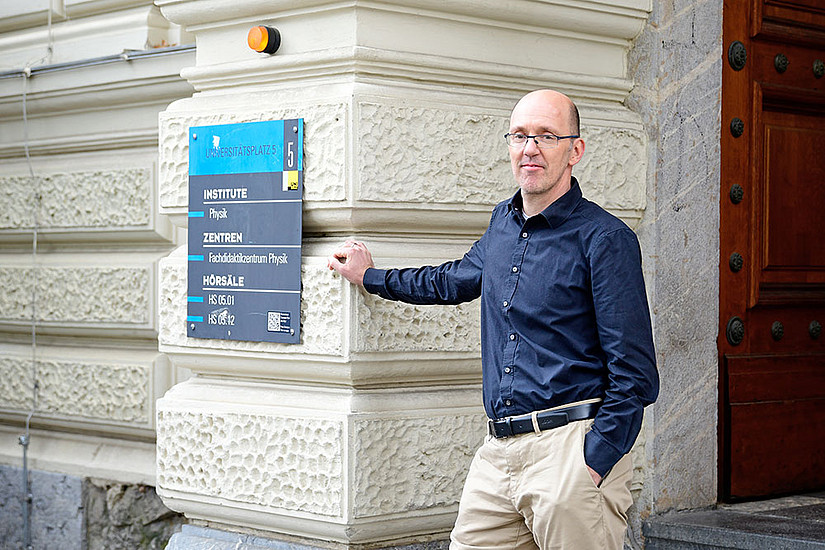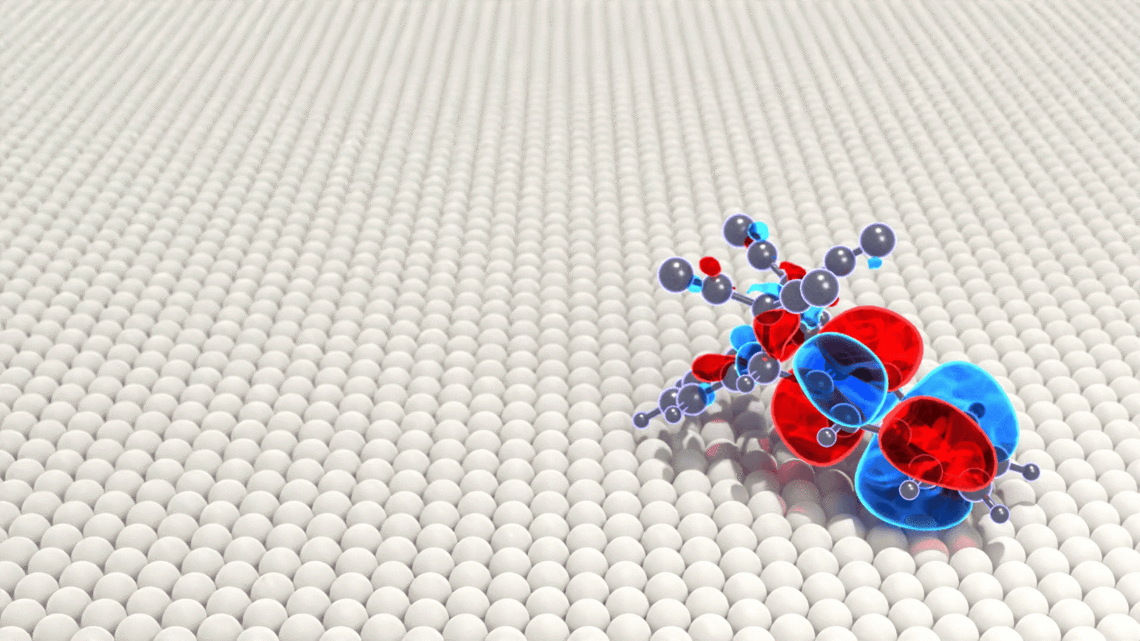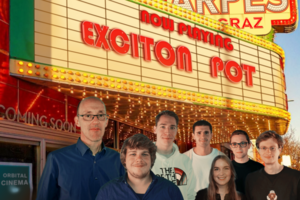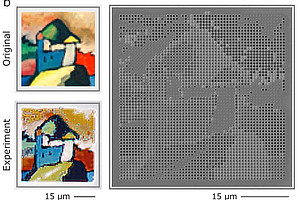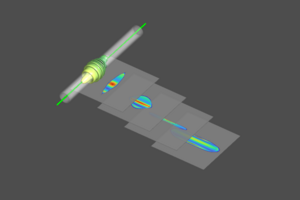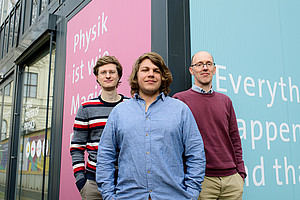What happens when a ray of sunlight hits a solar cell? Within an ultra-short time, the light separates the electrons and thus produces electricity. To be able to observe and even control this process, one needs highly resolved images in the nanometre and attosecond range - that is 0.0000000000000001 seconds. A team of physicists from Graz, Jülich and Regensburg has received an ERC Synergy Grant - one of the highest grants awarded by the European Research Council - for the development of such a method.
Electrons do not have a fixed location within atoms and molecules, but buzz around in certain areas of space - the so-called orbitals. "These are the key to better understanding chemical reactions and processes such as those that occur in quantum computers or solar cells," describes Peter Puschnig from the Institute of Physics at the University of Graz. He played a major role in developing a method for reconstructing electron orbitals from measurement data. In the now funded joint project "Orbital Cinema", the physicists are going one step further: "We want to see, as if in slow motion, how orbitals change when, for example, chemical bonds form or break or charges separate," explains Puschnig.
The big challenge is the time resolution required for this. "An attosecond relates to a second like the blink of an eye to the age of our solar system," the researcher illustrates. In Regensburg, a special experiment is being set up for this purpose. With it, the movement of the electrons can not only be observed, but even controlled. "So we succeed in manipulating quantum states and influencing the interaction between light and electrons - which in turn could become relevant for optimised solar cells," says the physicist.
Peter Puschnig contributed the theoretical foundations to the joint project. In addition, his simulation methods play a decisive role in the interpretation of the experiments conducted by the groups of Ulrich Höfer, Rupert Huber and project coordinator Stefan Tautz in Regensburg. The "Orbital Cinema" project has been selected as one of 29 for funding from around 360 applications in a three-stage procedure. The researchers will receive a total of eleven million euros for six years, 1.9 million of which will go to Graz.
